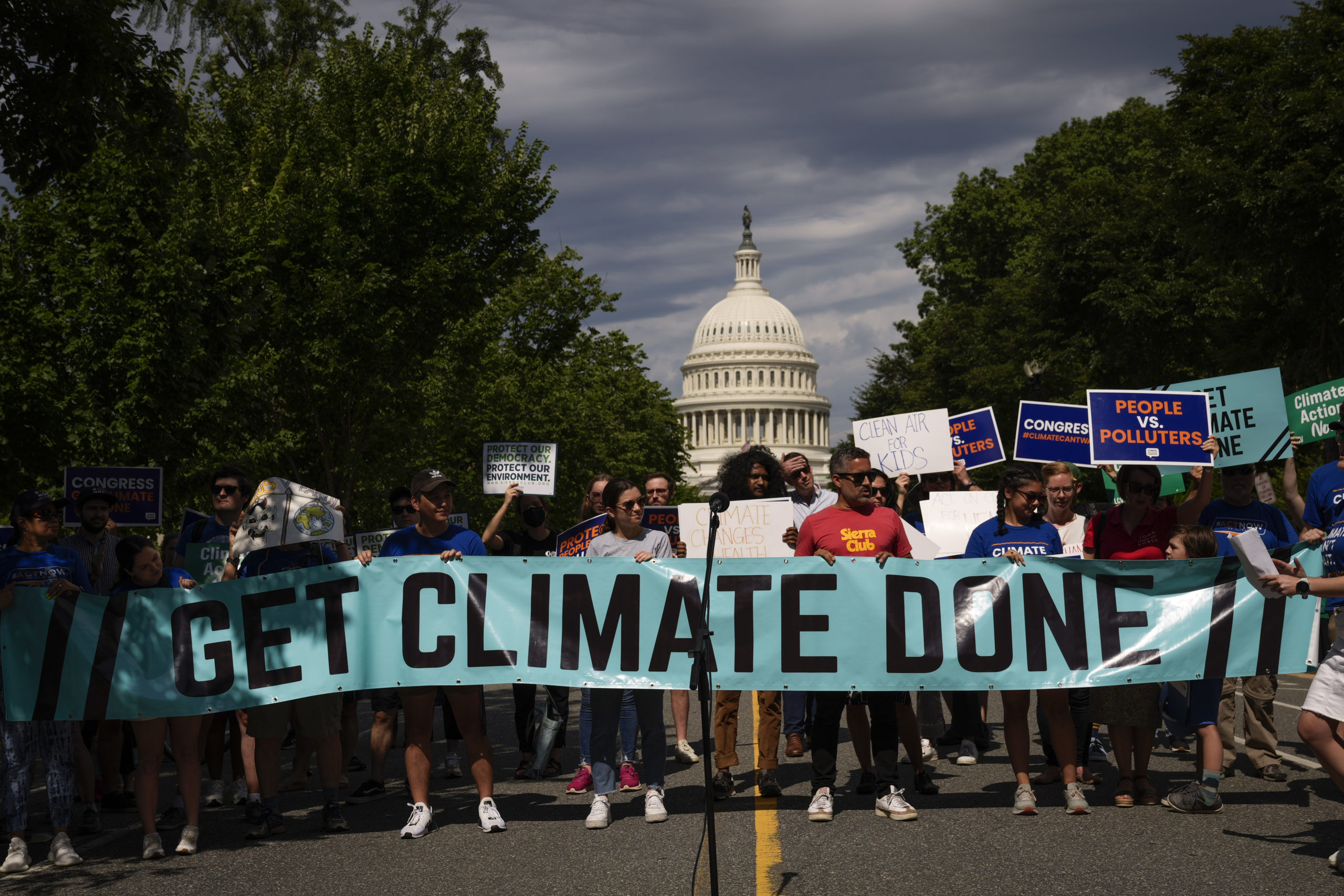The Environmental Protection Agency (EPA) is calling on the public to share how they believe billions should be spent on fighting the climate crisis.
Last week, the agency announced “public engagement and input opportunities” for programs funded by the Inflation Reduction Act.
The programs include funding for air quality projects and other climate projects tackling clean energy, transportation, methane emissions, and climate super-pollutants.
The EPA claims it will advance President Joe Biden’s “bold agenda to combat the climate crisis, protect public health and advance environmental justice.”
Principal Deputy Assistant Administrator for EPA’s Office of Air and Radiation Joseph Goffman said in a statement, “The Inflation Reduction Act provides states, tribes, communities and organizations with the unprecedented opportunity to make lasting progress to equitably protect people and the planet from air pollution and climate change.”
The statement continues, “We are eager to engage with all who have a stake in the success of these efforts, and our next steps will be guided by the wisdom and experience from the conversations we have and the feedback we receive over the next several months.”
According to the agency’s statement, the public are encouraged to weigh in on six grant programs.
“EPA will gather and organize information received on the RFI in six public dockets that correspond to Inflation Reduction Act provisions in the law. In addition, the agency will continue to conduct extensive public engagement as it works to implement the law,” the agency explained.
We want to hear from you!
— U.S. EPA (@EPA) November 7, 2022
The Inflation Reduction Act is providing historic funding for new and existing EPA programs. Your input can help design these programs to ensure economic and environmental benefits of this investment are realized by all people.https://t.co/OmHCOZYey4
Biden signed the bill into law over the summer.
Forbes noted the bill makes the biggest investment in fighting climate change in the history of the United States, lowers the cost of prescription drugs and raises taxes on corporations.
The bill includes a whopping $369 billion in spending on climate and energy policies.
It is projected to cut the country’s carbon emissions by close to 40% by 2030.

























 Continue with Google
Continue with Google